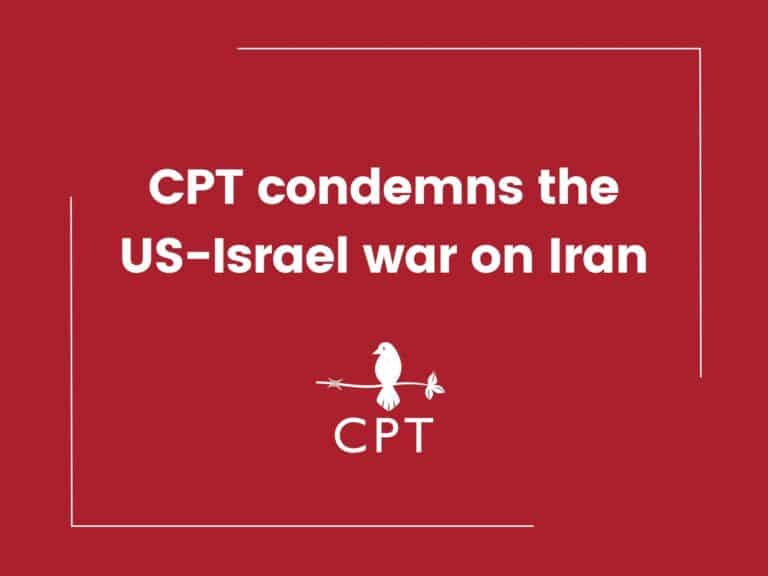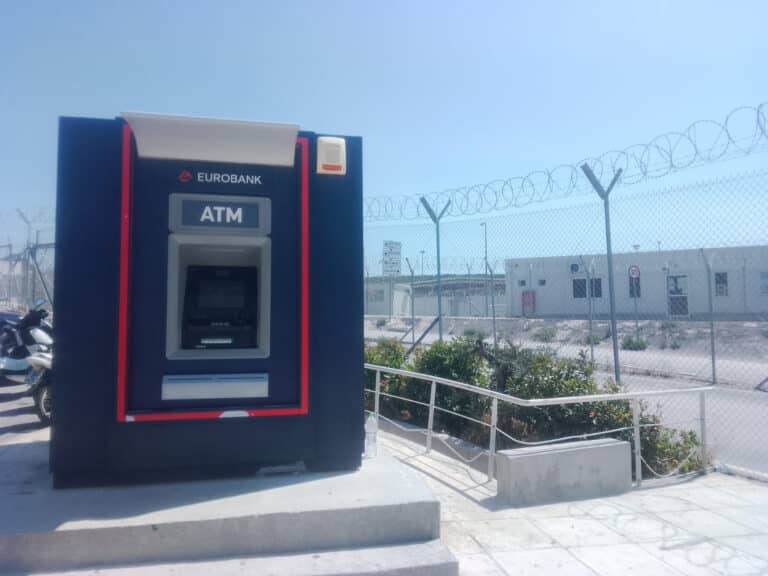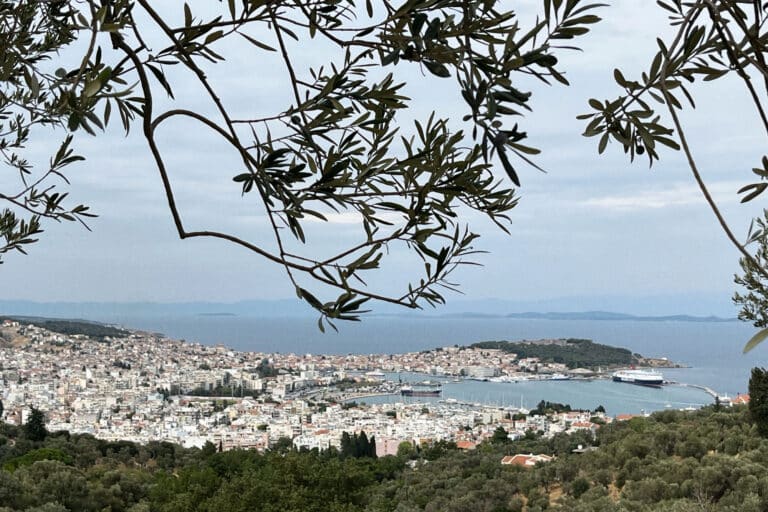CPT’s 35-year journey has taken the organization to different parts of the world. This anniversary occasion is a time to celebrate but also to reflect.
The metaphor of the journey implies objectives, goals, and intentions, all depending on the place you want to arrive. It needs a road map, with a starting and a finishing point. It involves learnings, periodical evaluations, changes, taking new paths, and even thinking about new visions, missions, and values.
The journey includes the invitation and inclusion of many travelling partners. You may start the voyage with some of them, and others may join along the way. Thirty-five years after CPT initiated this journey, some people are still travelling along, others have ended their journey as they continue their path in new ways, and others are now in a different dimension. Every participant on this journey has brought their hopes, dreams, energy, passions, values, spirituality, stakes, and desires. This adventure implies sacrifices for those who leave their family, country, or comfort zone and lose contact with their world. Some people have shown their frustrations, exhaustion, despair and have lost their sense of purpose. Some people adapt; others leave, following their own path and exploring new roads and experiences.
This is a perfect opportunity for me, a Colombian woman and CPT reservist, to share the learnings and experiences that I have had at the internal and external level while working with the Colombia Team, the farming communities, and partner organizations CPT accompanies in Colombia’s Magdalena Medio region.
Why did I take part in this journey?
“What would happen if Christians were to dedicate their lives to non-violent peacebuilding with the same discipline and commitment that armies commit to war?”
This statement and its meaning immediately connected me with CPT and its work in peacebuilding. Accompanying small farming communities and social organizations in their struggles for the land, life, and dignity from the standpoint of peaceful non-violence and spirituality has been challenging. I felt that my faith experience was missing an important piece that could provide meaning to my spiritual journey. Twenty-first century Anabaptists would call it “the third baptism.”
What did this mean for me?
I was part of a team of men and women with lived experience in the field of peacebuilding activism, who became my travelling partners. This team was my closest community to encourage me on this journey. It was also the community that held me in moments of frustration, fear, worries, and internal crisis that I would experience during those difficult years. It was shocking and challenging to discover and learn first hand about the different “Colombias” that co-exist parallel to my urban Colombia, like that of the small farming Colombia. I needed to understand that to be a CPTer was not to “put on a cape,” as some teammates would say, and go somewhere to “save” people using slogans, ideologies, and rhetoric. Instead, we learned that the key to the journey was a cultural encounter, an exchange of knowledge, and a space to humanize one another.
What did I learn on this journey?
The first delegation that I participated in visited the farming communities along the Opon River. One night, a delegation leader shared some “horror stories” about situations and experiences, nocturnal visits of animals or strange people. I was distressed all night, as were many of my delegation partners. This experience taught me that my ghosts—my internal monsters—were more frightening, dangerous, and unpredictable than my external fears.
With the help of the team, community members and women’s organizations, I was able to identify the oppressions and symbolic violence that I had internalized and normalized, along with the perpetuation of hegemonic roles imposed by patriarchy, sexism, and fundamentalisms, particularly religious ones. I needed to identify these issues within me before I could unmask, confront, and transform them to then become an agent of change.
These experiences gestated within me a process of decolonization (undoing the power structures) in my mind, in my faith experience, and in what my culture and the system had taught me, bringing the focus towards my own power and internal strength. I did not know that this journey would be long, costly, and would last my whole life. The self-sabotage that can occur during this journey is to believe that we can solve the problems and struggles of others through our committed activism—denying the existence and resolution of our own problems and clarifying that if I am well then everyone will be well, because we are interdependent as humans.
While I was taking this outward journey, life was taking me on a simultaneous internal exploration to return to myself again, identifying my own violence and oppression, the subtle ways that they were present in my life and how they manifest themselves. To “come back home” inside me was not an easy nor quick path. German theologian Jurgen Moltmann argues that “the longest journey is always an internal exploration. The odyssey inside to find your home lasts a lifetime, and perhaps more.” This journey was not one of religious matters, dogmas or mandates. This had everything to do with recovering my own being and essence, which allowed me to understand that together we do not undo oppression and violence, instead we transform them, but the process starts with me.
Finally, I learned that the key of the journey was not just a “third baptism,” but many more, among them a journey that has taught me to transform “lamentation into joy.”
I take CPT’s 35th anniversary as an opportunity to celebrate, to thank Life, and all the people who have accompanied me in this journey: farming families, our partner organizations, and my CPT teammates in Colombia and other parts of the world. Strength and peace because we have a long journey ahead of us!




